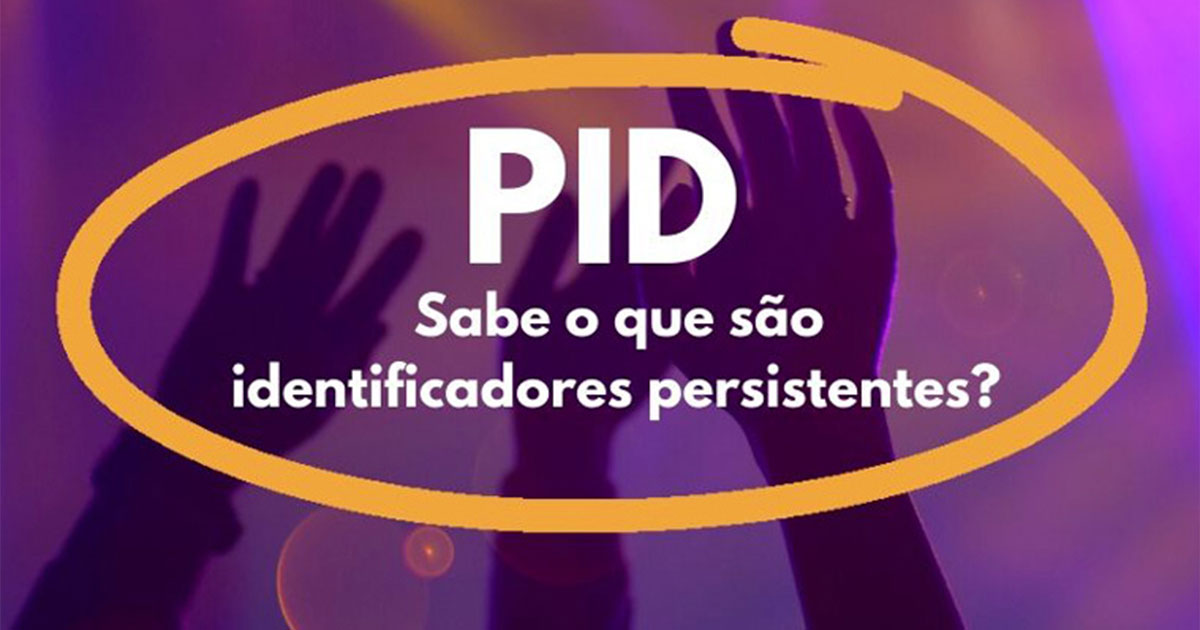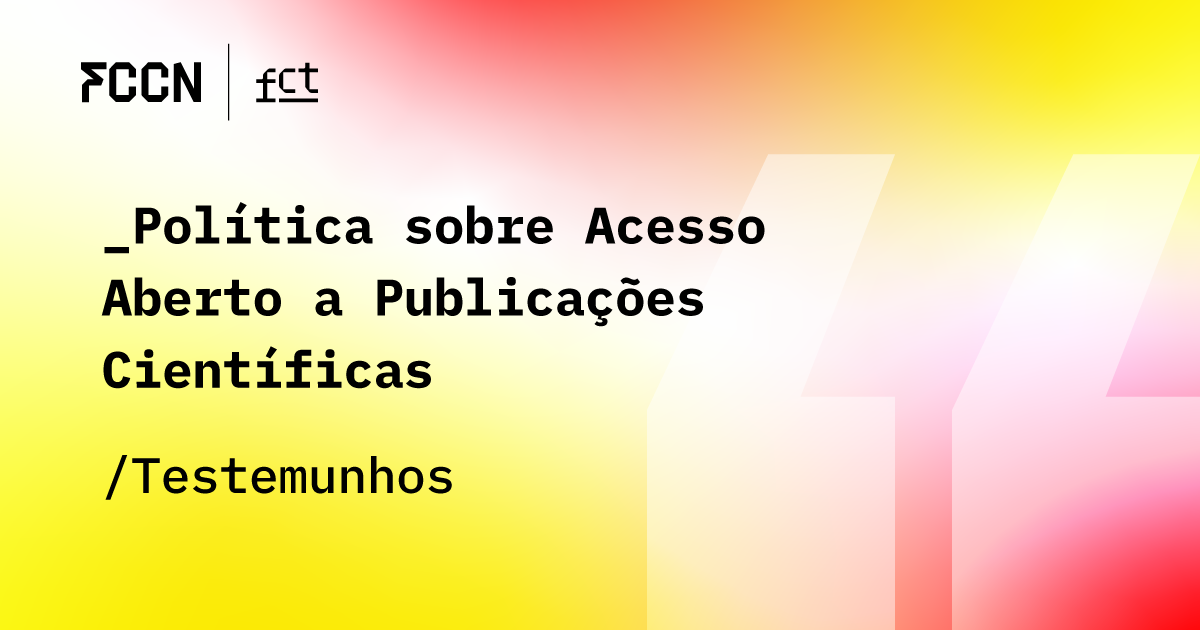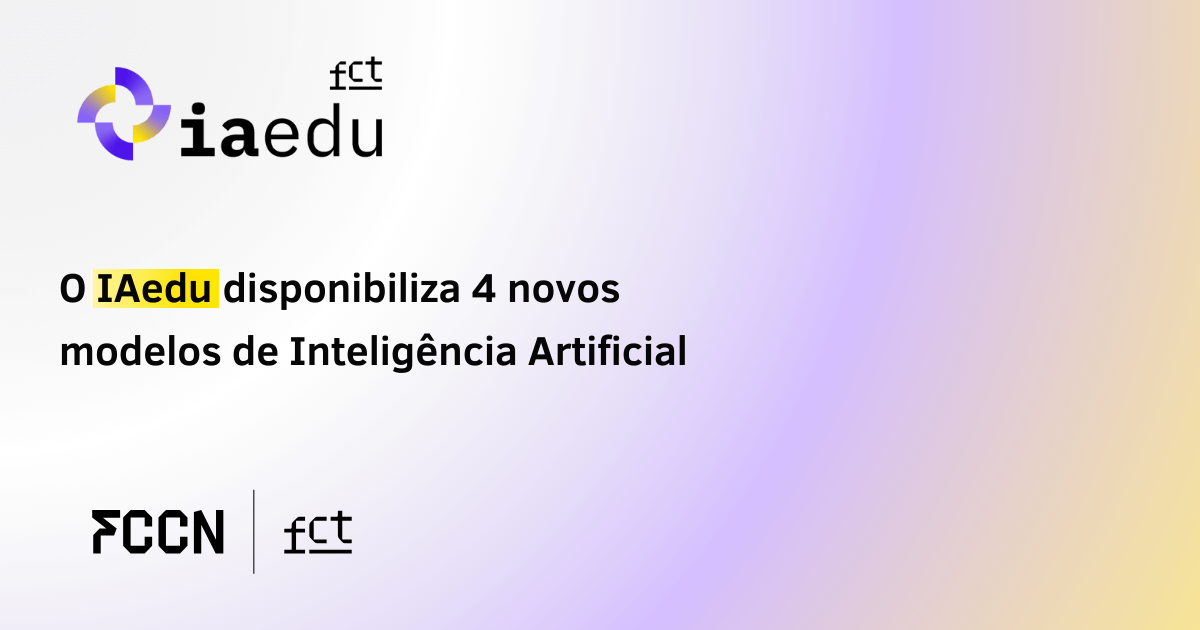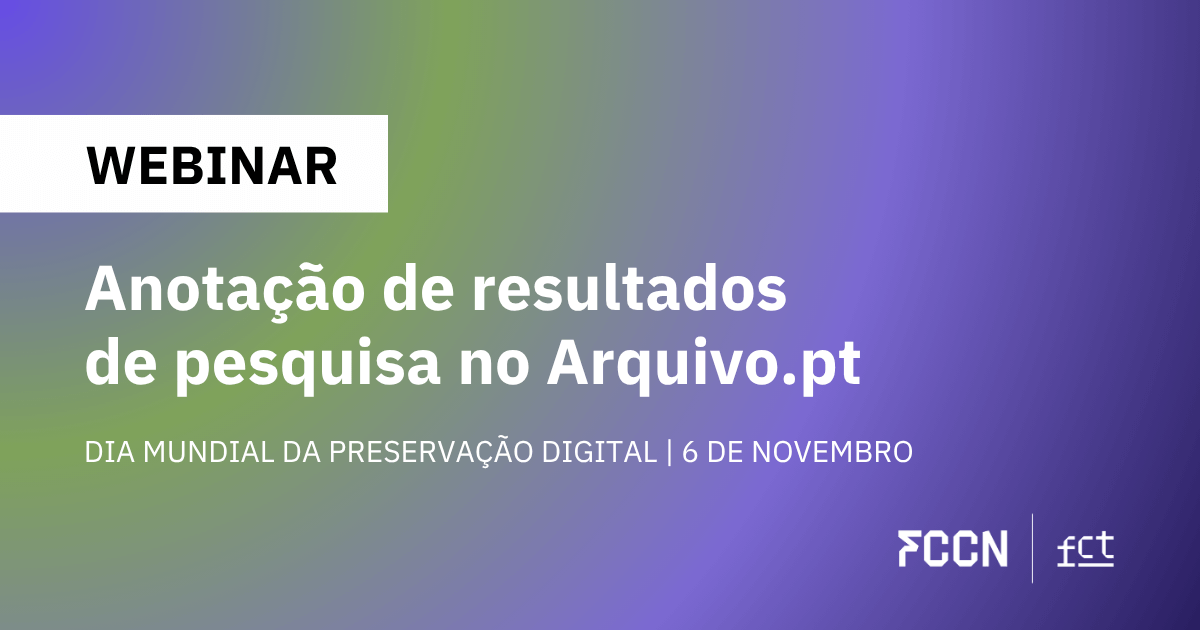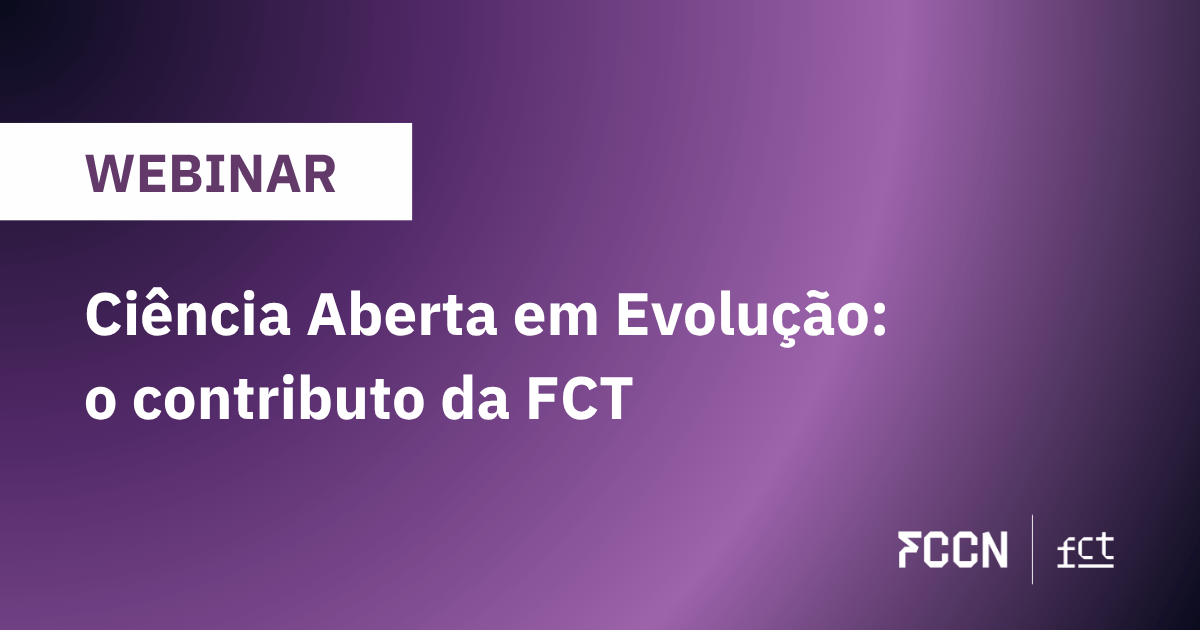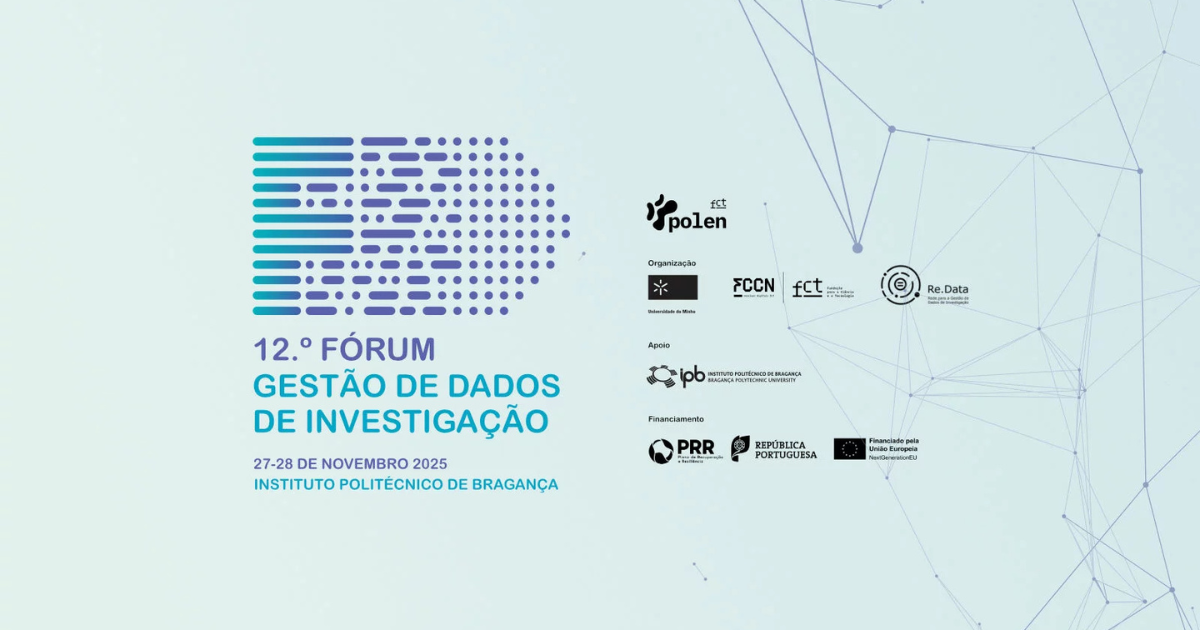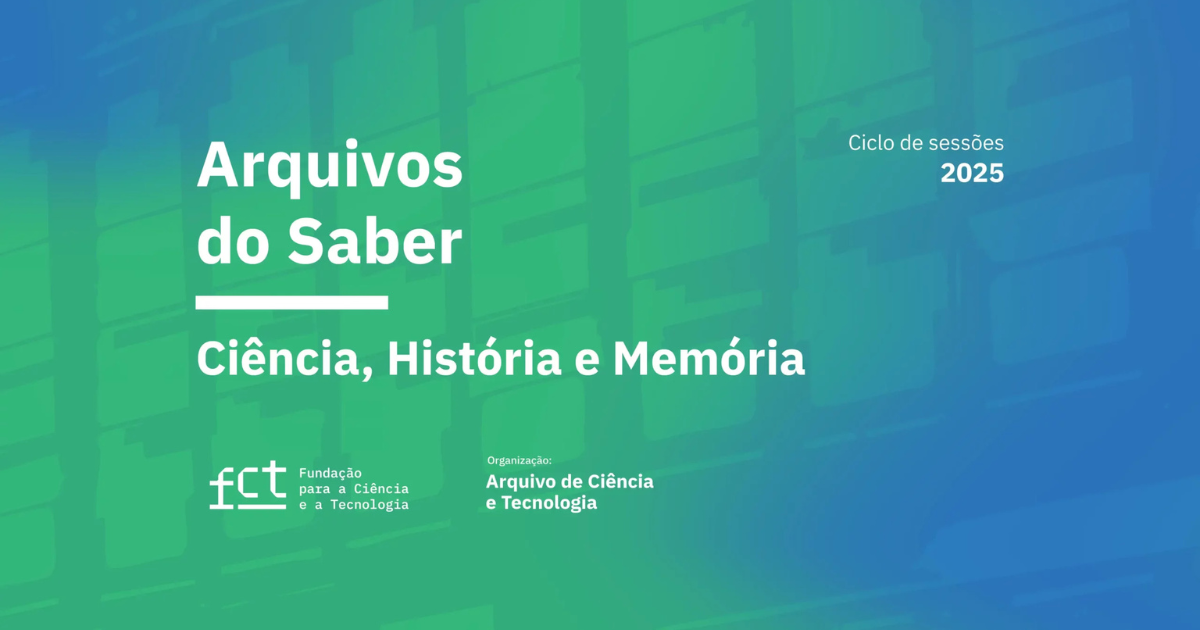PIDapalooza—the annual meeting of the community promoting the use of persistent identifiers (PIDs) in science—will be held on January 29th and 30th at the Belém Cultural Center in Lisbon. Learn more about PIDs.
What is a persistent identifier (PID)?
It is an element that allows a given resource to be unequivocally identified. As explained by one of the structures promoting this solution, ORCID, an identifier consists of a “tag” that is associated with an entity (a person, a place or an object).
Why do we need PIDs?
PIDs allow a given entity to be precisely referenced across various information systems, thus ensuring data flow between systems and compliance with the "Insert once, reuse many" principle. For this reason, explains the Australian National Data Service, this is a subject of special interest for those who work “in data creation or management”, particularly for researchers and research managers.
What distinguishes a PID?
PIDs are distinguished by their uniqueness and persistence. A URL is an example of an identifier—when something is published online, a corresponding link is associated with it. However, unlike PIDs, a URL may “break”, no longer leading to the content and pointing only to an “http error 404”Given the strategic importance of publishing and sharing scientific content, it is essential to ensure that these entities can be referenced in the long term.
How does a PID work?
Persistent identifiers are included in the metadata description of an entity/resource and can be used to reference that entity/resource across various information systems. Some PIDs are associated with resolution services, so clicking on the PID allows access to that entity/resource.
What types of PIDs are there?
There is various persistent identifier structures: PURL (Persistent Uniform Resource Locators), DOI (Digital Object Identifiers), or ARK (Archival Resource Keys), for example. Each of these systems has its own particularities, strengths, and weaknesses, notes the Dutch Digital Heritage Network. The network even provides a guide to help you understand the steps required to choose one of the systems.
What is Pidapalooza?
The annual event PIDapalooza is organized by four organizations operating in the field of persistent identifiers (CDL, Crossref, DataCite and ORCID). This meeting of the PID community is usually held in January and consists of two days of sharing experiences and best practices related to the implementation of this solution. Two days with “lots of interaction, time to talk, a persistent playlist and an eternal flame”, the organizers emphasize. In 2020, Lisbon will host this event on January 29th and 30th. More information at: https://www.pidapalooza.org/
